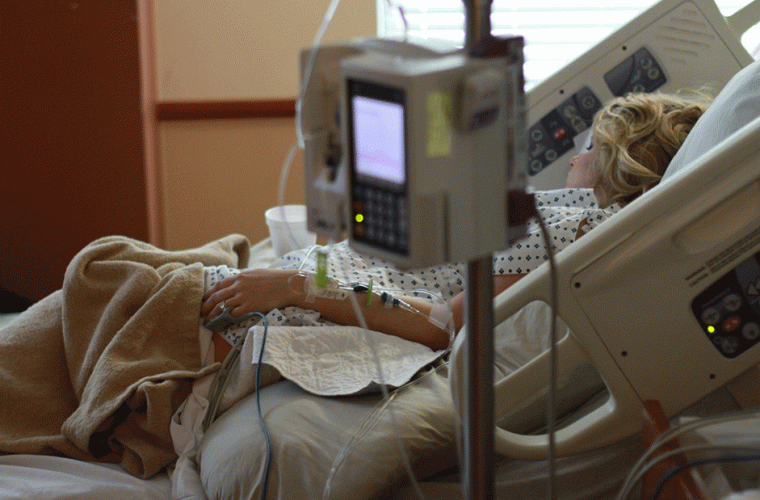“COVID-19 has cruelly exposed and exacerbated the many social and health problems which existed before the pandemic, that need to be urgently addressed as part of our national recovery."

COVID-19 has created a ‘perfect storm’ of existing inequality and disease, leading to higher rates of coronavirus infections and death amongst the most disadvantaged people, councils warn today.
A lack of access to skills and training and overcrowded housing are among the deep-rooted, structural issues which need to be tackled if we are to build back better from the pandemic, according to a new report by the Local Government Association.
The LGA, which represents councils, said it is vital to act now and drive forward work programmes which reduce inequalities, prevent poor health and improve people’s opportunities to live healthier, more active lives.
Local authorities around the country have come up with innovative ideas and are offering opportunities for their residents to help reduce some of these inequalities, ranging from providing mental health services for tackling loneliness and isolation, to accessing essential items such as food, medicine and financial support.
While councils are doing all they can to protect their communities from the worst effects of the pandemic, the LGA says it is clear that fundamental change is necessary to address the multiple health inequalities which have been exacerbated by COVID-19, including those related to age, gender, ethnicity, occupation and geography.
This should mean greater support for education and employment, in order to aid our collective recovery and make progress against the stubborn, entrenched disadvantages faced by many people.
Cllr David Fothergill, Chairman of the LGA’s Community Wellbeing Board, said:
“COVID-19 has cruelly exposed and exacerbated the many social and health problems which existed before the pandemic, that need to be urgently addressed as part of our national recovery.
“We know that where you live, your age, ethnicity, gender and job status all play a part in determining your chances of living a healthy, long life.
“Councils have been leading the local response to the pandemic, from encouraging people to get tested and be vaccinated, to protecting our most vulnerable through offering emergency food, medicine and financial support.
“As we start to return to a more normal way of life, we want to work with government to ensure we finally address the longstanding health inequalities preventing us from levelling up the country.
“This should mean greater, more consistent funding for councils’ public health services, alongside other local government services such as housing and employment, all of which can influence the future health and life chances of our communities.
“By ensuring that everybody, no matter their background or where they live and work, is able to realise their potential of living a long healthy life, we can truly build back better from the pandemic.”
Case studies
- Hertfordshire - the county council commissioned the Centre for Mental Health to produce a short guide to help people look after their mental health, for use in workplaces, communities, organisations and charities. In March 2020, the council established a Public Health Mental Health Cell to oversee urgent projects in relation to the impact of COVID 19, picking up and acting on issues around anxiety, depression, crisis support, bereavement and suicide prevention.
- Bradford - Since September 2020, Bradford’s Race Equality Network (REN) has been delivering the COVID-19 Prevention Project for BAME and Central Eastern European communities, funded by Bradford Council’s Public Health department. The Buy in Bradford food voucher scheme was also launched in response to the growing numbers of people in food poverty in the city.
Notes
The LGA’s report – A perfect storm: health inequalities and the impact of COVID-19
